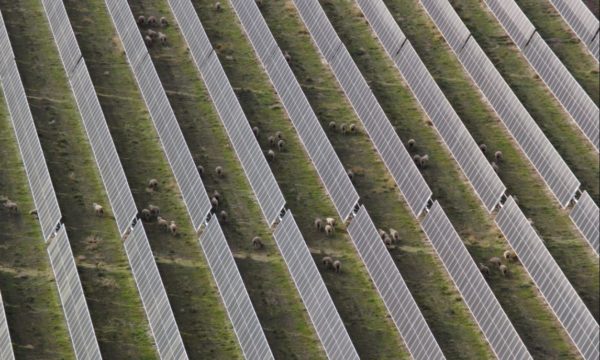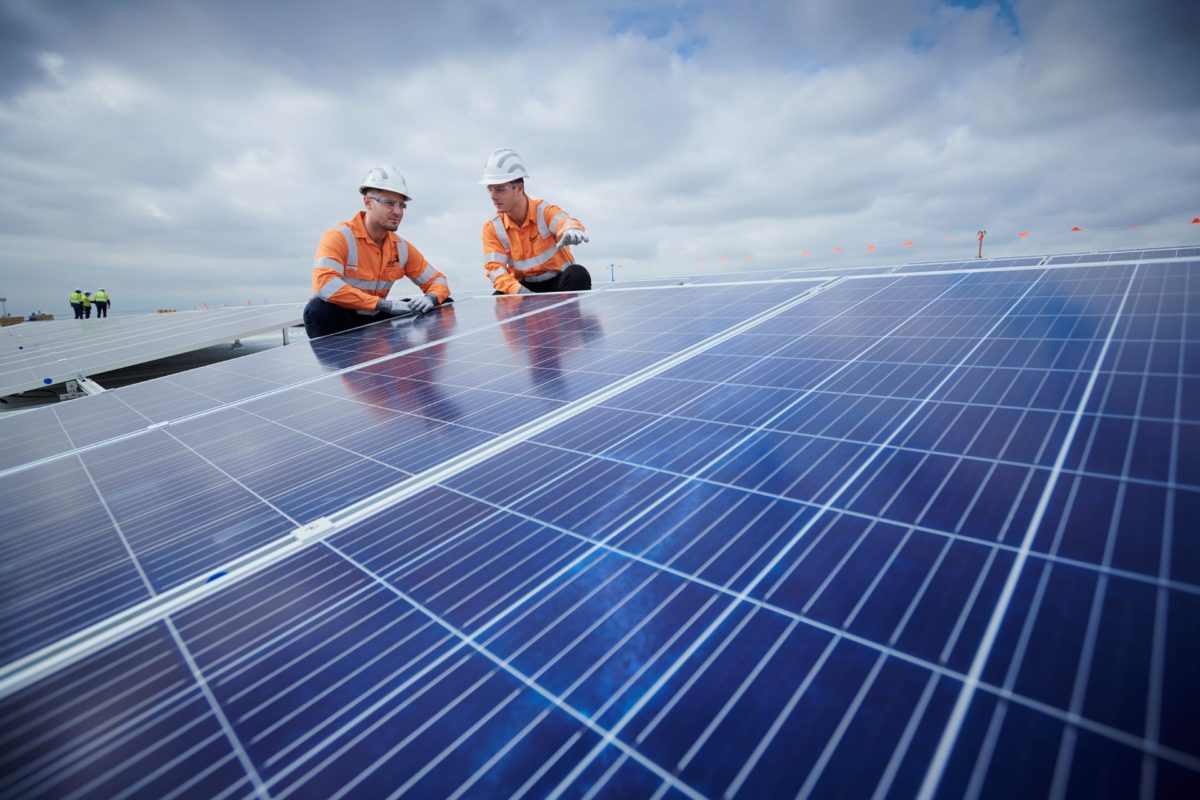With price seen as a critical motivator for the transition from fossil fuels to renewables, Countrywide Hydrogen has reached agreement with German-owned renewables developer Wirsol Energy to investigate the deployment of behind-the-meter solar PV generation and battery energy storage systems at its green hydrogen projects being developed in Tasmania.
Countrywide, a wholly owned subsidiary of Queensland-based independent power producer ReNu Energy, has two projects under development in Tasmania; one at Bell Bay near George Town in the north, and the second at Brighton near Hobart in the south.
The Bell Bay project proposes a 10 MW facility capable of producing 4.5 tonnes of green hydrogen per day with Countrywide targeting the domestic market, including the road transport sector and industrial customers.
The 2 MW Brighton project, to be located about a 30-minute drive north of Hobart, would be capable of producing up to 900 kilograms of green hydrogen per day, supplying Hobart’s natural gas network as well as industrial and transport customers.
ReNu Energy executive director and Countrywide managing director Geoffrey Drucker said on Monday that under the agreement Wirsol will evaluate each project location to determine the optimum-sized solar PV facility and the potential to add battery energy storage to provide Countrywide with the lowest cost energy for hydrogen production.
Drucker said with renewable hydrogen production via electrolysis relying on only two inputs, electricity and water, minimising the cost of power will allow Countrywide to deliver the lowest hydrogen supply price to encourage potential customers to embrace the transition from fossil fuels like diesel and natural gas to emission-free hydrogen.
“To that end, behind-the-meter electricity generation will deliver the lowest cost of hydrogen with solar being the most viable option in terms of installation timing and capex,” he said.
Drucker said Wirsol, which operates and maintains seven large-scale solar PV assets in Australia with a combined capacity of more than 720 MW, and has a development pipeline of ~700MW, would also examine the potential of establishing green hydrogen production facilities alongside its existing solar assets.

Image: Wirsol
“We reached out to Wirsol to determine their interest in co-developing behind-the-meter solar to hydrogen projects from two perspectives,” he said. “One is to assist us with our renewable hydrogen projects in Tasmania and the other is to determine where it may be feasible to co-locate hydrogen production facilities on Wirsol’s established solar farms throughout Australia.”
Wirsol managing director Sigi Psutka said the company, a subsidiary of Germany-based renewable energy group Wircon, would look to be the among the first in the field to integrate new technologies like on-site hydrogen production and trading.
“We are delighted to partner with Countrywide and be conducting the initial assessments of the projects in Tasmania,” he said.
Countrywide said as well as the Tasmanian projects, it is also developing two renewable hydrogen projects in Victoria. The company’s vision is to be a major green hydrogen supplier domestically, with a primary focus on supplying hydrogen to the mobility and natural gas sectors, and then to use its Australian learnings to expand to export and offshore projects.
Wirsol, which has established itself as a major player since entering the Australian market in March 2017, continues to roll out large-scale solar projects.
Only last month the company announced it had secured development approval for a 445 MW solar and energy storage hybrid power plant to be built near Dubbo in New South Wales’ central west. It is also progressing plans to develop the 75-85 MW Barnawartha Solar Farm west of Wodonga in Victoria.
This content is protected by copyright and may not be reused. If you want to cooperate with us and would like to reuse some of our content, please contact: editors@pv-magazine.com.









By submitting this form you agree to pv magazine using your data for the purposes of publishing your comment.
Your personal data will only be disclosed or otherwise transmitted to third parties for the purposes of spam filtering or if this is necessary for technical maintenance of the website. Any other transfer to third parties will not take place unless this is justified on the basis of applicable data protection regulations or if pv magazine is legally obliged to do so.
You may revoke this consent at any time with effect for the future, in which case your personal data will be deleted immediately. Otherwise, your data will be deleted if pv magazine has processed your request or the purpose of data storage is fulfilled.
Further information on data privacy can be found in our Data Protection Policy.